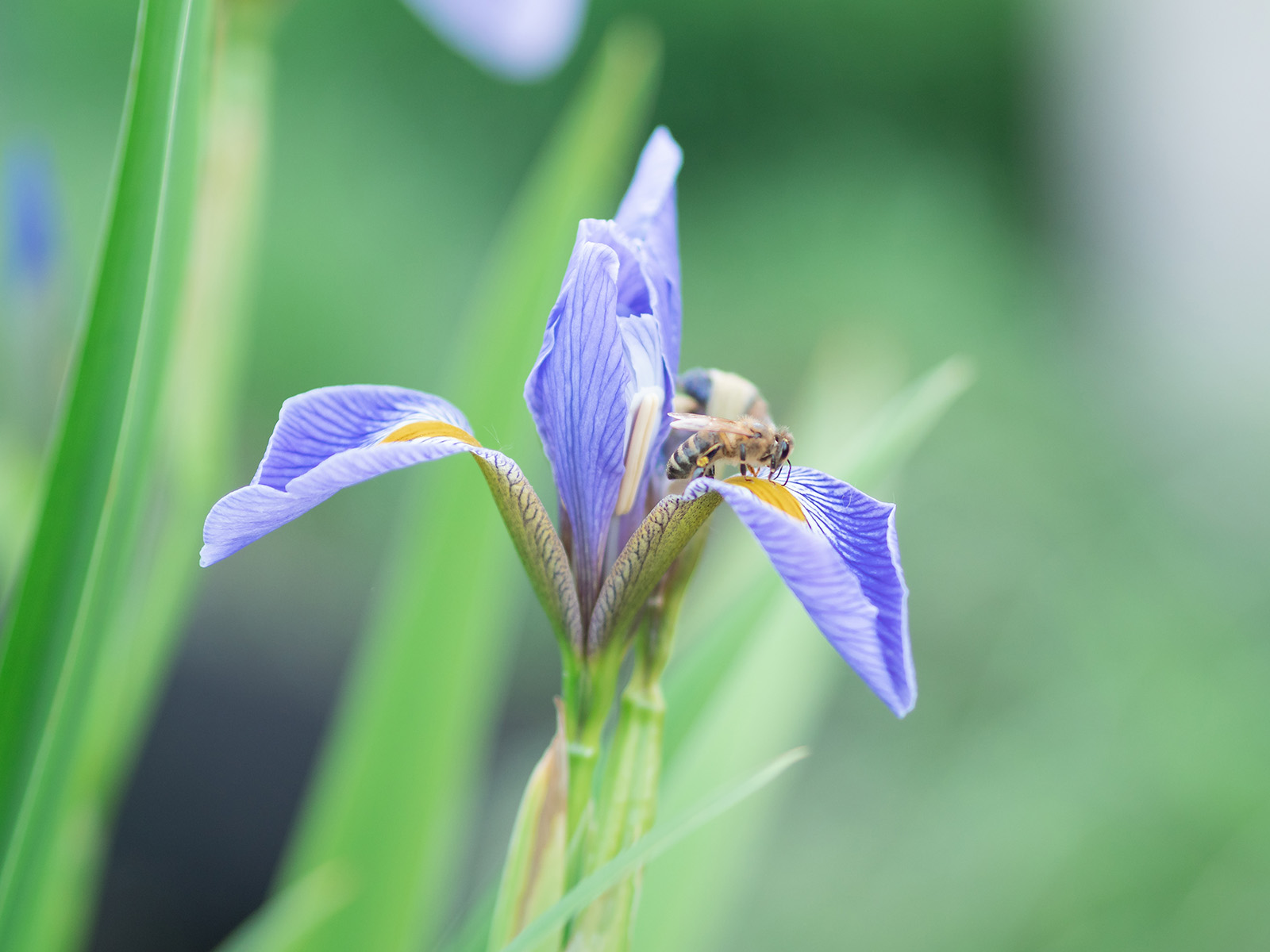Episode 24: A Q&A Special
What happens when the Lake Doctor opens the floor to your questions? Science meets stewardship in this fascinating exploration of freshwater ecosystems with Dr. Nate Bosch and Suzie Light.
Dive into the mystery of the tiny red worms appearing on boat lifts (they’re blood worms!), learn why those pesky lily pads actually protect your shoreline, and discover how a single fish species might help control invasive zebra mussels. Dr. Bosch explains these phenomena with accessible science that connects directly to lakefront living and watershed management.
The conversation takes us on a journey through the complete phosphorus cycle – from soil particles to algae to fish and back again – revealing why this nutrient forms “the foundation of a lot of the work we do” at the Lilly Center. Understanding this cycle helps explain why eliminating phosphorus from lawn fertilizers makes such a difference to lake health, even miles away from the shoreline.
We also get a glimpse behind the scenes at the Lilly Center, from its humble beginnings in “a couple offices and a couple closets” to its current impact with 11 staff members and 46 student interns. Dr. Bosch shares how the Center leverages boat captain volunteers and community partnerships to monitor 16 lakes while making 12,000 student connections through environmental education programs annually.
Throughout the episode, one fundamental principle emerges: “Water carries nutrients downhill.” This simple yet profound concept reminds us that every property owner, whether lakefront or miles away, influences downstream water quality. By preventing excess nutrients from leaving our properties, we collectively protect our precious freshwater resources for generations to come.
Watch or Listen Today:

Submit your own question!
Several listeners shared with us that these podcast episodes are prompting conversations at home and on the boat. Dr. Bosch and Suzie would love to hear your questions and answer them on a future Q&A episode. Simply send an email to lakes@grace.edu with a topic you’d like to learn more about!